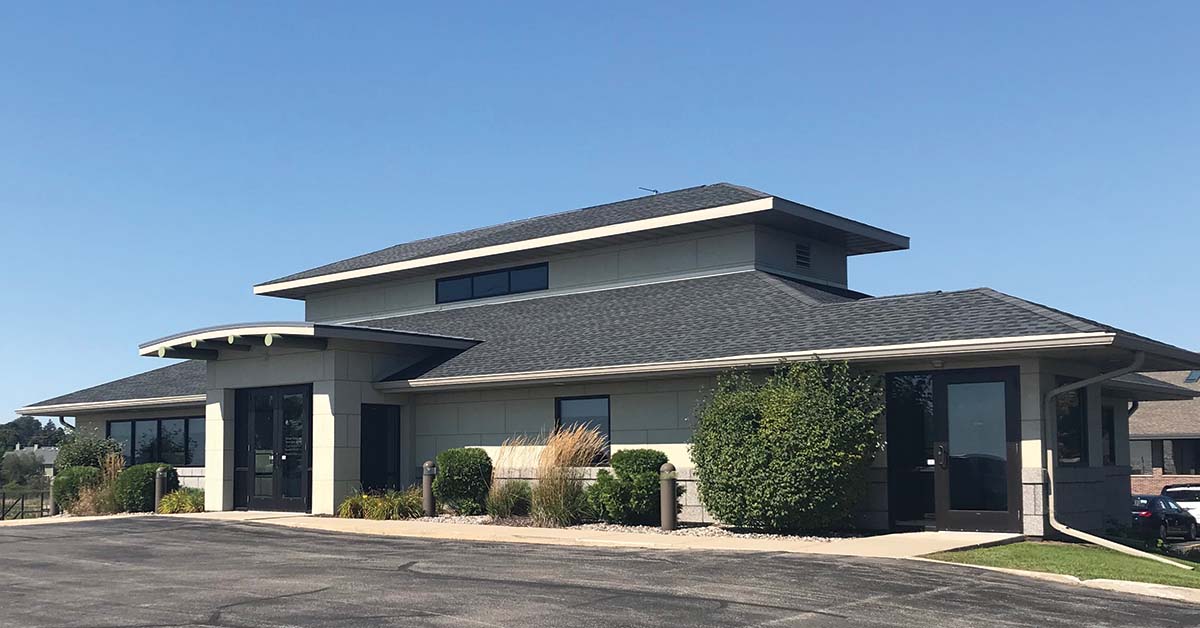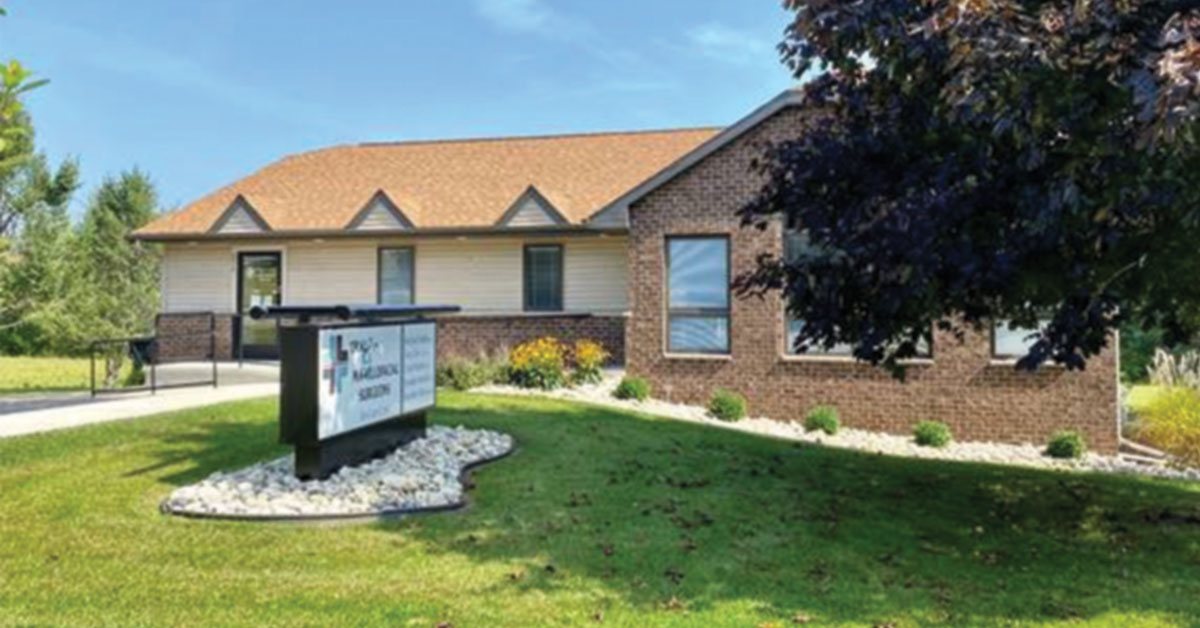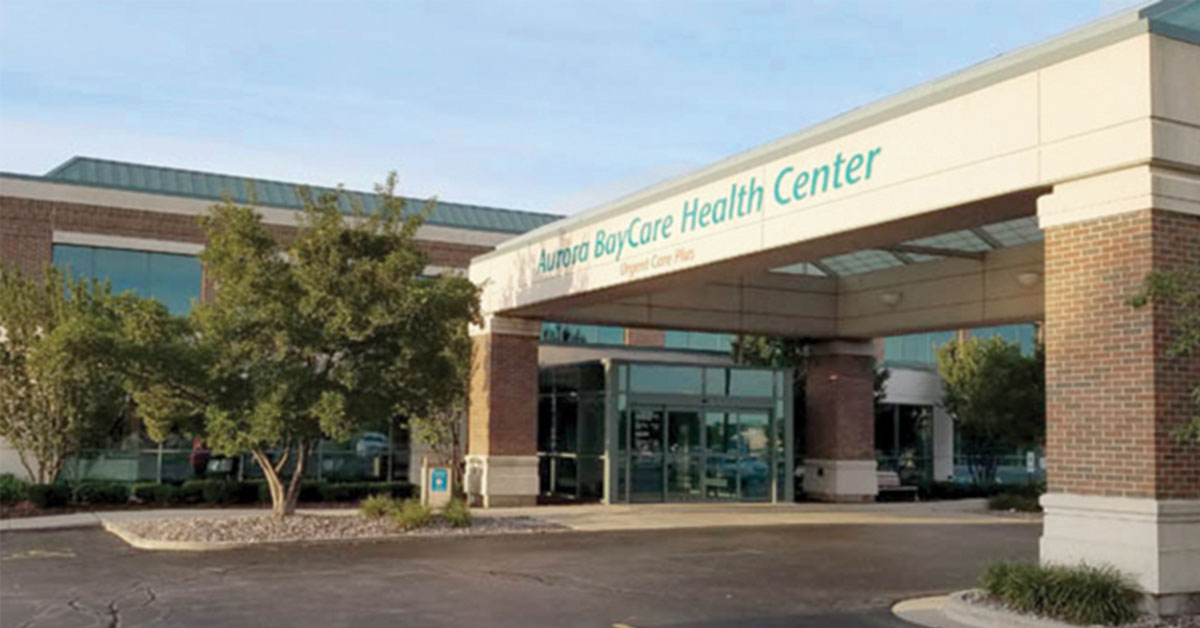Wisdom Teeth and Tooth Extraction
Oral Surgery & Implant Specialists
Oral surgeons experienced in removing wisdom teeth
Wisdom teeth also are known as third molars. They typically emerge in the mouth when people are between the ages of 14 and 24.
When all four wisdom teeth are visible in the mouth, outside the gum tissue, they have erupted. When all four wisdom teeth remain under the gums, they are impacted.
Should my wisdom teeth be removed?
A dentist can refer you to an oral surgeon for a consultation to determine when wisdom teeth should be removed.
Our oral surgeons see a wide range of people, ages 12 to 65, for consultations about removing wisdom teeth. Most of the people who have wisdom teeth removed are in their teens.
In most cases, the sooner wisdom teeth are removed, the lower the chance of complications.
Why should wisdom teeth be removed?
When wisdom teeth are not removed when people are in their teens, the tooth roots have time to develop and the bone around the teeth becomes stronger. This can complicate wisdom teeth removal. The ease with which a wisdom tooth can be removed depends on the positioning of the tooth and the nerve which typically runs below the tooth in the lower jaw.
Wisdom teeth may need to be removed if these conditions occur:
- Pain or swelling
- Infections and/or gum disease
- Cavities that can’t be restored
- Cysts or tumors
- Damage to adjacent teeth
Wisdom teeth also may be removed as part of orthodontic treatment for braces or other dental care.
Can wisdom teeth be left in the mouth?
About one in 10 people has enough room in the mouth for wisdom teeth. However, it can be difficult to keep wisdom teeth clean because of their location in the back of the mouth.
Wisdom teeth, even those displaying no signs of disease, may increase the risk of chronic oral infectious disease, gum disease (periodontitis) and tooth decay.
Patients must weigh the risks of keeping wisdom teeth against the benefits of having them removed.
Dry sockets can occur after wisdom teeth removal
Dry sockets occur when a blood clot breaks down in an area where teeth have been removed, leaving the jaw bone exposed. This disrupts healing.
Dry sockets can fill with food and bacteria, causing extreme pain, swelling, bad breath and a foul taste in the mouth.
How are dry sockets treated?
If a dry socket occurs, we typically clean it, removing any debris. This encourages the formation of new blood clots and allows healing to resume.



